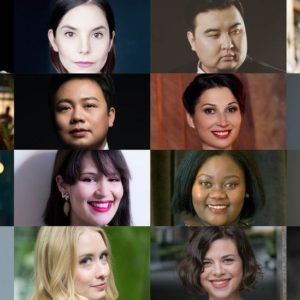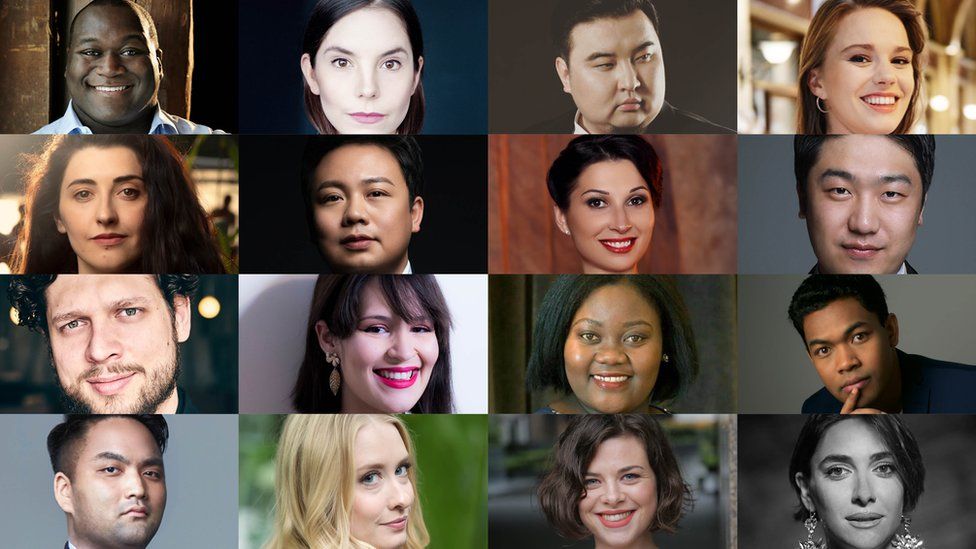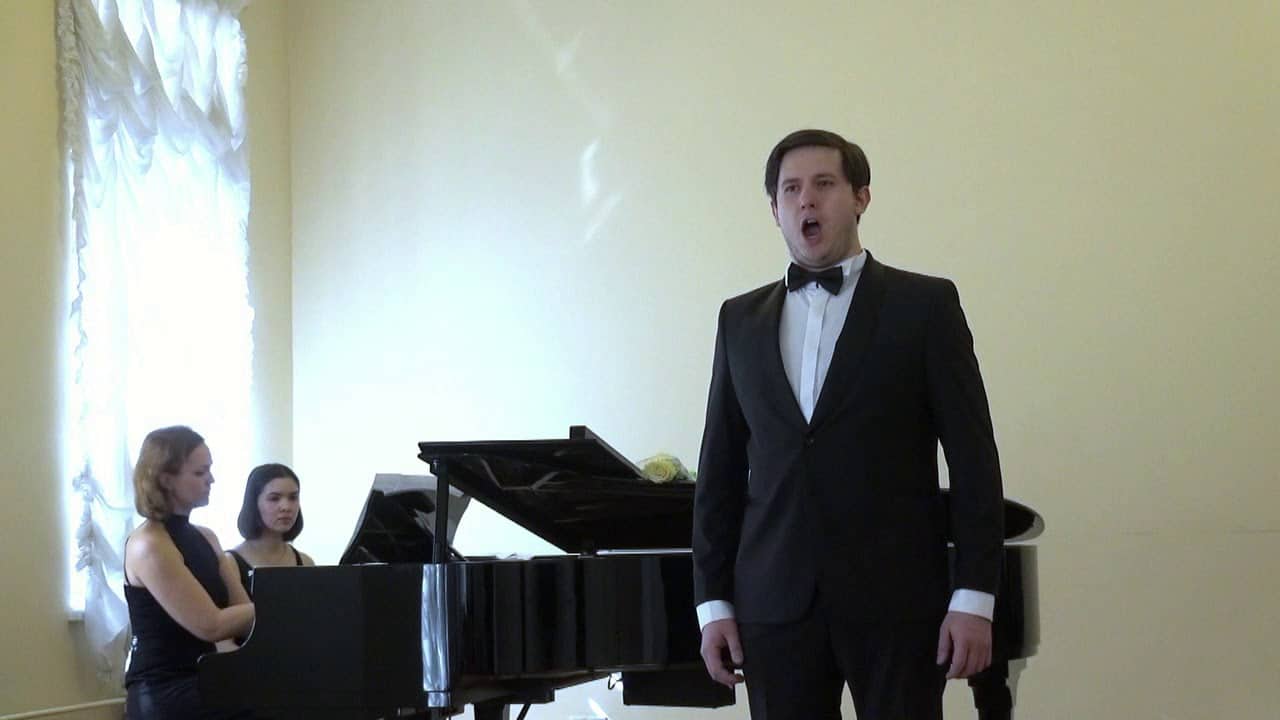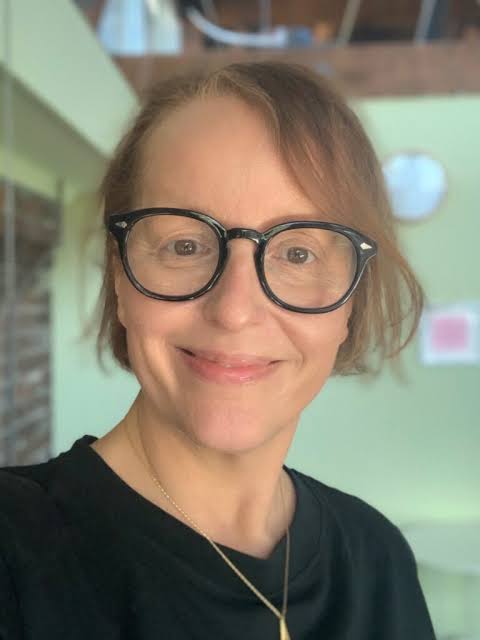Korean wins Cardiff Singer of the World in sadly muted contest
mainThe Korean baritone Gihoon Kim won BBC Cardiff Singer of the World last night in a contest that took place without an audience and with barely a mention in any media apart from the BBC.
All outward facing aspects of this particular contest have been limply mishandled by the BBC.
Kim, 29, has been singing at Junge Oper Hannover, in Germany.
The Dame Joan Sutherland Audience Prize – voted for by people watching at home – went to English mezzo-soprano Claire Barnett-Jones.







The BBC never promoted this programme in the wider media-for example the dramatic last minute replacement for a singer who tested positive for covid should have been interviewed on the Today programme on Radio .4
Excellent presenters and 3 good judges did their best but the worse aspect was bad scheduling by the BBC -the heats were on at 10 every night on BBC 4 ? why so late , surely it should have been on earlier which of course it used to be -and it was originally shown on BBC 2 in a great slot in the old days . I think the BBC should push this show , make it an annual feat of singing , particularly as some of the featured singers were better than the casts Covent Garden serves up, and sometimes broadcast by the BBC
It was on BBC 2 Wales at 7.30 and then repeated on BBC 4 later, weird. In the old days they would show parts of Cardiff and take the singers around and make a big deal of it but now? When you think how much money they invest in it what a wasted opportunity. However production standards are excellent and the finalists on the whole excellent and hopefully they will all go on to greater things. On the whole they made the best of Covid 19 and I think succeeded.
Weird indeed. I wrote to the Beeb to moan about this. To their credit someone replied very quickly explaining how I could switch my iplayer location setting to pretend that I was in Wales and thus watch via the internet at 7.30.
Agree
At least all the heats and final were shown on TV this year. Two years ago the BBC tried to banish the heats to IPlayer, and only agreed to hastily arrange for them to be shown on TV after their decision was widely condemned.
Although there was no audience was present, the performances were excellent, and three of the finalists (from South Korea, South Africa and Georgia) were superb. Any of them would have been worthy winners.
The standard was so high that it was a pity it didn’t get more advance publicity.It was a week of delight.
‘Excellent presenters’
You must have been watching different programmes. I seem to have received the broadcasts intended for children.
Josie Darby in particular (who inexplicably seems to have a job for life) was speaking as if the audience had very limited understanding.
Only Mary King dared to be at all honest about some of the singers limitations.
I found her intensely irritating – unnecessarily gushing and overemoting at every opportunity. She should stick to kids’ TV. Another sign of dumbing-down that was pointless as I doubt anyone without appreciation or knowledge of music would have been watching.
She even had to tag the word ‘diversity’ (ridiculous given the internationalism of the competitors) and remarked on the ‘amazing hall’ as if she had never been to one before. It would be nice to have a professional to match Petroc Trelawney doing the backstage bit.
Preferred the trimmed down format as a TV viewer, less waffle and waiting. The sad bit was the silence after each piece followed by sparse but supportive applause from those present. Some of those performances deserved a roar!
‘Excellent presenters’
You must have been watching different programmes. I seem to have received the broadcasts intended for children.
Josie Darby in particular (who inexplicably seems to have a job for life) was speaking as if the audience had very limited comprehension.
Only Mary King dared to be at all honest about some of the singers limitations.
the two presenters were very different in style with one painting pictures of the songs and settings of operatic arias, the other , Josie talking to the normal tv viewer who may know little or nothing about opera singers. Mary King knows about the voice but she could be critical about any singer including Domingo and Pavarotti. the woman from English National Opera knew her opera but it is unlikely a Ukranian or Georgian singer wants to learn a Verdi opera in English when they can sing it anywhere in the world in its original language. I prefer to hear singing not to be critical about it -we all have our favourites we can enjoy
Agree
The winner was a fine singer, ( as were 3 of the 5 finalists) but I am bound to say that the lady from Georgia would have been my choice . There really was no argument in my mind about the song prize, however
Disagree. This was a two-horse race, and despite her considerable talents, she wasn’t really in it.
I thought it was all admirably done under the circumstances, which included a lovely Icelandic soprano being forced to withdraw after having been exposed to Covid en route to Cardiff. The winner, Gihoon Kim of Korea, was truly wonderful; his poignant singing of Pierrot’s Tanzlied from DIE TOTE STADT made the judges weep. There were many interesting competitors, and it was so very nice to see Roberta Alexander among the judges. Kudos to all involved for carrying on despite the difficulties caused by the pandemic.
The standard of singing in this competition could be described as rock bottom.
So it could. It would be wrong.
You must have a problem with your ears! The standard was amazingly high.
Maybe if the this contest wants to be taken seriously by international media they should consider renaming it and dropping the “singer of the world” bit. I understand it is a very British thing calling yourself the best biggest thing in the world (as both the Barbican and the Southbank claimed this month ) but you need to stick to the real world. Look at the list of the winnners in the las 20 years:Andrei Kymach, Catriona Morison, Nadine Koutcher, Jamie Barton, Valentina Naforniță, Ekaterina Scherbachenko, Shenyang, Nicole Cabell, Tommi Hakala and Marius Brenciu. Only Jamie Barton has an international career. Look at the winner lists other competitions like Operalia in the same period: Xabier Anduaga, Emily D’Angelo, Levy Sekgapane, Elsa Dreisig, Lise Davidsen, Rachel Willis-Sørensen, Aida Garifullina, Enkhbatyn Amartüvshin, Pretty Yende, Sonya Yoncheva, Joel Prieto, Carmen Giannattasio…
Only Lise Davidsen of your Operalia winners is as good as Gihoon Kim and the wonderful S African soprano (sorry I don’t have her lovely but long full name to hand!).
The SOuth African soprano is Matabane Cecilia Rangwanasha
Here’s my reply to your comment on a separate thread. How clever of you to choose your dates to exclude Dimitri Hvorovstovsky and Bryn Terfel and the two extraordinary winners this week, who in my humble – but experienced! – opinion will equal or surpass both of them. How odd to comment on this competition without considering any one, let alone all, of these four! Did you watch/listen to it? Are you connected to Operalia? Were you or was someone you know rejected by the Cardiff team? Please be nice and, if you can’t be nice, please be a little more scrupulous and/or a touch objective in your comments!
international watchers had to wait almost 24-hours before they posted a link for people outside the UK.
very disappointing not to be able to watch it live.
Thanks to the team behind it at the BBC, this competition is a national treasure, and should be on display to the world as such, which the BBC now endeavours to achieve via its international versions on the CSOTW website.
It is a stunning celebration of excellence, just like the Olympic Games are, only in the vocal arts. As with Olympians, the competitors come from all backgrounds and regions of the world, and they represent the triumph of the human spirit and imagination. There could not be a more effective, less forced, less political advertisement for the non-eltisim of classical music than the collective stories of these globally representative, young competitors. They embody the natural, steady progress of cultural osmosis around the world, and the simple ethic that you attain excellence by taking the seed of talent and nurturing it. For some, that happens in a local church choir, for others by the simple happenstance of a momentary encounter with enchantment. It’s not complicated.
I loved every minute of it, from the revelation that is Gihoon Kim’s rich lyric baritone in the best Italianate tradition – Cappuccilli would have been proud to hear musical epi-genetics alive and well in his Chénier – to MCR’s timeless grace in everything she touched, to the promise that Madagascar, while it may have lost the dodo for good, has a plucky progenitor of Lied culture in the fearless Michael Arivony.
The BBC should clear the decks to give it the best possible exposure, though I have to say I would rather hear the rounds in full at 10pm (with the added iPlayer flexibility) than in a highlight reel earlier in the evening, if forced to choose. We need to hear the complete programs (all rounds of both competitions) to get the most complete portrait of each artist. The BBC is delivering that. So, bravo to the BBC team – Petroc is just fantastic at his job – and bravo to all the singers!
The dodo lived in Mauritius, not Madagascar.
Damn! And I even googled it! 🙂
Madagascar has some cracking little lemurs though!
I thought the standard was incredibly high this year, and as a keen concert-goer up to March 2020 who has not fully converted to online ‘performances’, Cardiff did go some way to reawakening enthusiasm in me. All I need now is confirmation that Promming will be allowed at the Proms. Go on BBC, what are you waiting for!